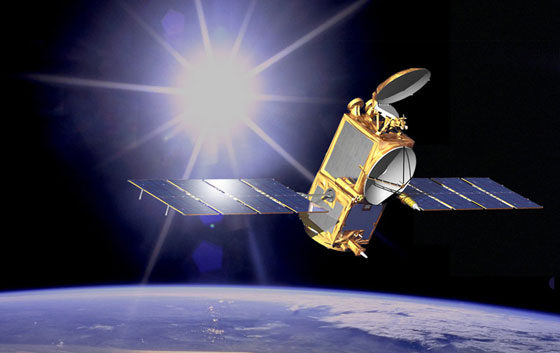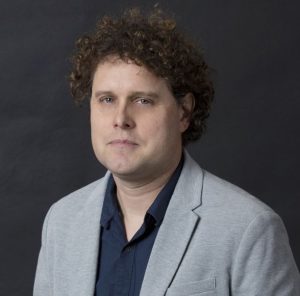Photon by Rocket Lab will Save Millions of Dollars of its Customers on Satellite Manufacturing
The small satellite launcher Rocket Lab has unveiled ‘Photon’, a circular satellite platform, at the 35th Space Symposium held in Colorado Springs on Monday, which according to the company will help people reach to the orbit faster and save millions of money.
Rocket Lab is one of the private leaders in the launch and satellite services, and now the company is trying to get its hold on the complete satellite manufacturing solutions for its customers.

With Photon, the company has brought a fully customizable satellite that can be modified according to the need of the client, and they do not have to build whole satellite hardware for their Low Earth Orbit missions, like technology demonstration or hosted payload. Photon will help create satellites that will be launched to the orbit on Rocket Lab’s upper stage of the Electron rocket.
In general, even if the satellite companies want to test or launch a satellite, or send delicate sensors or cameras to space, they have to create their own hardware spending millions of dollars, but now with Photon, the companies will get new option to cut the cost as well as reduce the risk.
Peter Beck, the CEO of Rocket Lab, said in a statement, “Launch was the first bit that we needed to solve, but it always seemed crazy to me that the rocket builder did not also build the hardware for a satellite. Photon means satellite companies don’t need to invest millions of dollars in bringing together a team and manufacturing complex space hardware.”
Photon’s design is based on the successfully-flown kick stage, that was used in four out of five Electron launches. Photon has got the GPS support, a flight computer, a 3D-printed Curie engine and more. It has been equipped with propulsion, providing it with the capability of staying in the orbit for five years by adjusting with outer conditions like the altitude. The satellite can weigh up to 374 pounds (170 kilograms).
According to Beck, Photon is a complete satellite solution, that will help the customers to drop the coordination phase between different companies during the manufacturing of satellite, and Rocket Lab will be responsible for most of the work.

Yashica is a Software Engineer turned Content Writer, who loves to write on social causes and expertise in writing technical stuff. She loves to watch movies and explore new places. She believes that you need to live once before you die. So experimenting with her life and career choices, she is trying to live her life to the fullest.
